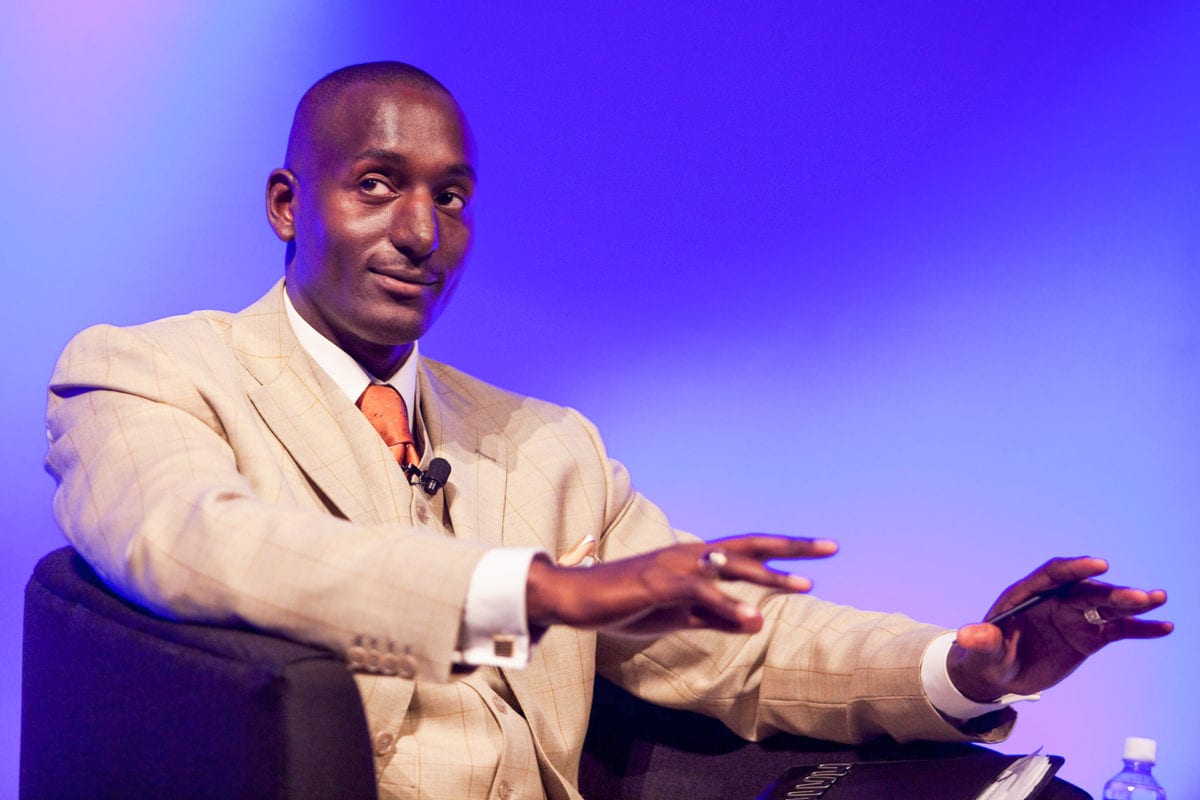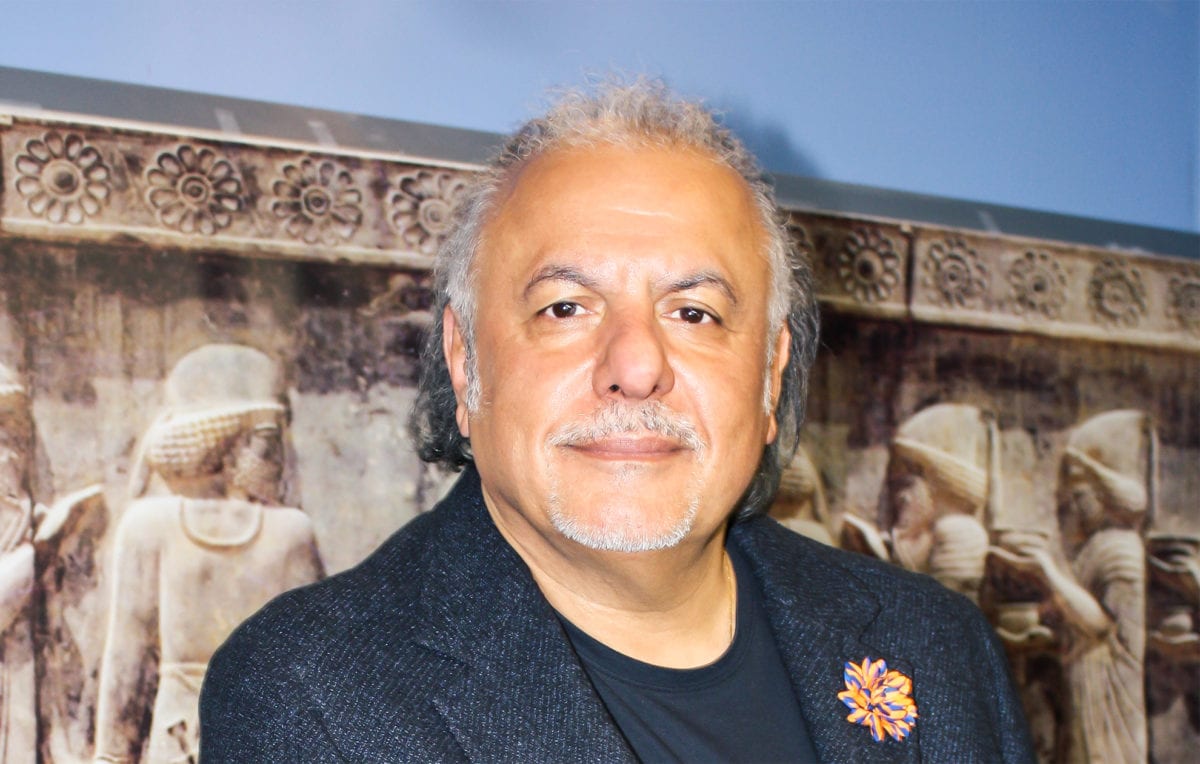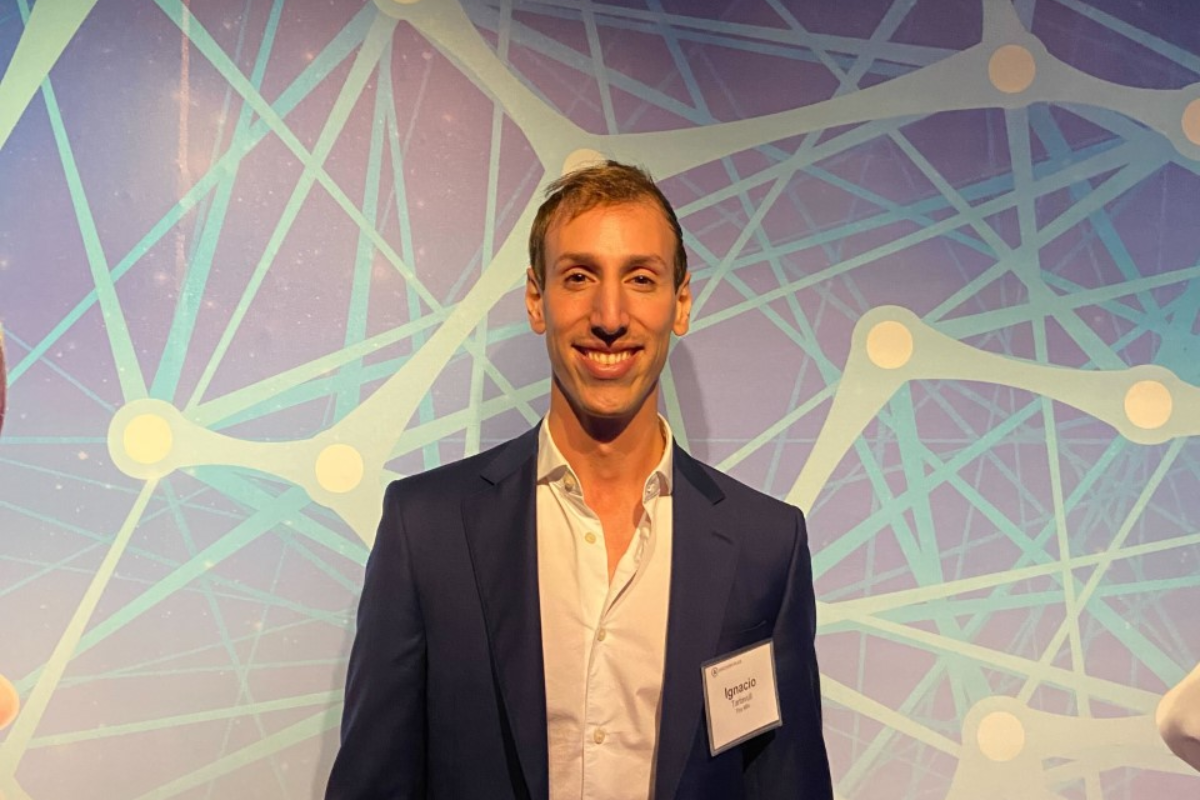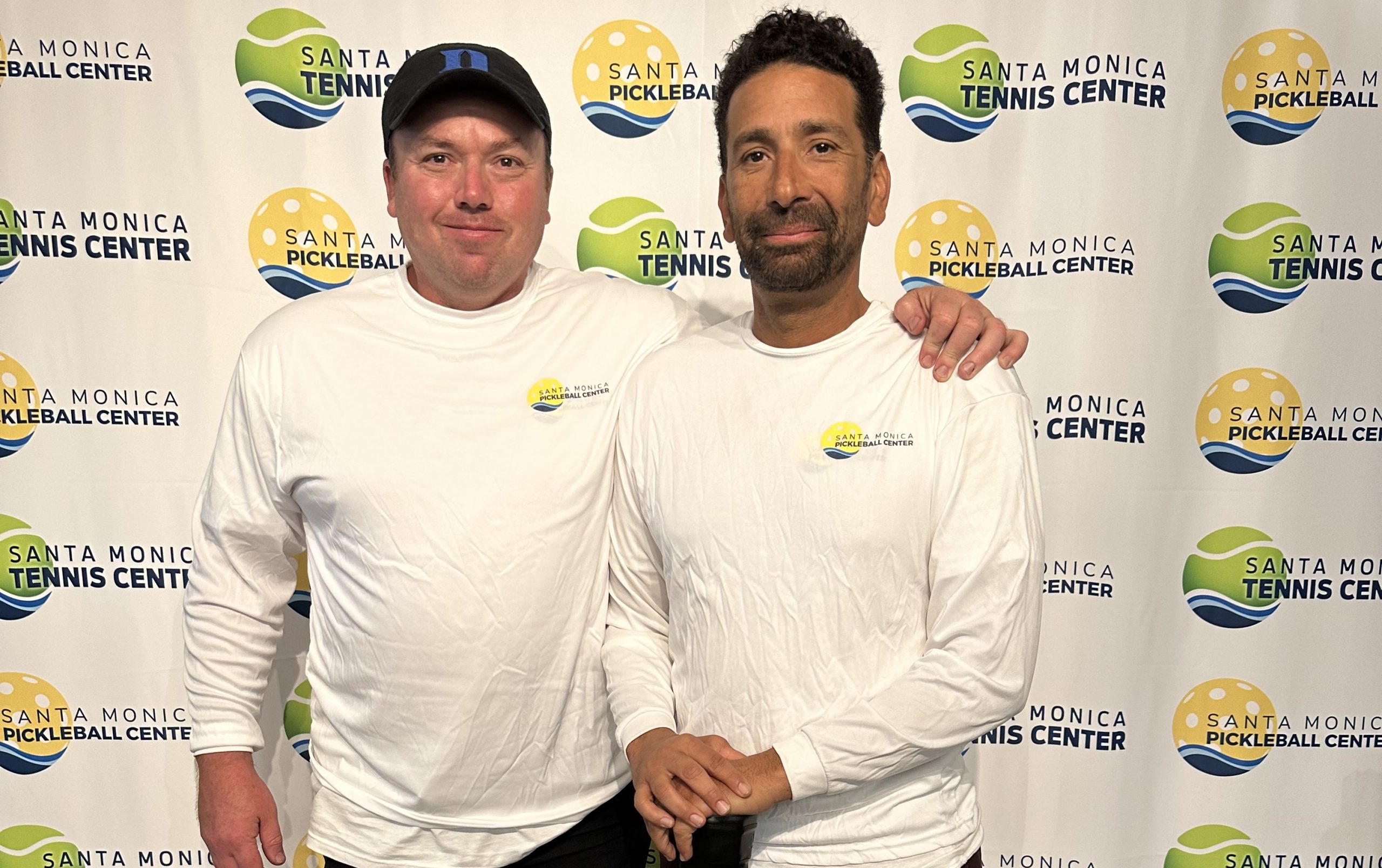When it comes to sound investments, wish fulfillment, and pivoting, there’s no one better to talk to than Dr. Randal Pinkett. You may recognize him as the fourth season winner of the hit TV show, The Apprentice, but he’s accomplished much more since then. He’s better known as the CEO and president of BCT Partners, a multimillion-dollar management, technology, and policy firm, based in New Jersey. Given the challenging times of COVID-19 and the uncertainty it’s brought, the inspiring entrepreneur made time to talk to The Edge about his own reflections, challenges, passion, and ways to stay motivated.
Since the last time you had spoken with The Edge in 2017, the world has changed tremendously with COVID-19. How have you adapted personally and professionally?
So, the word that I have found myself using quite often in 2020, or maybe I’ll pose it as more of a question—what’s your pivot? With the combination of COVID-19, racism riots, and the economic recession, pandemics have created circumstances, unlike anything that we’ve seen before. We need to ask ourselves “what should I be doing differently?” “How should I be pivoting?” One cannot do the same things you are generally used to doing, because we’re not in the same world anymore.
For me personally, it’s been a lot of soul searching. The other question we have to ask ourselves is “what more can I do? What more should I be doing?” especially when we look at what’s happening to our [black] community [referring to the cases of black people being killed by police in the US]. [I’ve] been asking myself some really tough questions, introspectively, “what more should I be doing to help my people.”
From a professional perspective, the pivot, is research into the marketplace and as an entrepreneur, identifying new opportunities that have emerged, that my company, BCT Partners should be pursuing? When COVID-19 hit, we developed data tools which we have repurposed and refashioned to help people respond to the COVID-19 pandemic.
You had to evolve your business, hosting virtual conferences and launch a webinar series (CEO 2 CEO). How has this been for you compared to traditionally doing business in person?
For BCT Partners, almost everything we do now is virtual. From virtual meetings to sales and marketing, and good amount of virtual training—the list goes on. It has transformed everything we do, and it has changed the nature of how we relate to one another. Previously, one could have a casual conversation in the office with somebody and now you have to be very deliberate and have virtual cocktail hours. We are being more intentional with how we’re connecting with one another. We are being more creative in connecting with clients and innovative about how we deliver our services and products.
Many found this time of instability during the global pandemic to be reflective and an eye-opener for their business. With your vast experience of being a CEO for 20 years, what were some of eye-openers or thoughts that were a turning point for you?
So, one eye-opener for me—as the old saying goes ‘it’s not what you know, it’s who you know?’ —I was told this earlier in my career and since come to realize that relationships aren’t everything, relationships are the ONLY thing. It’s the alpha and the omega. It’s the beginning and the end, it’s the end all, be all—meaning at every moment that I feel that I have the full appreciation of the importance of relationships, it’s like I know where the bar is—the bar just keeps going up. As I reflect back on my years preceding, the time spent learning the craft and studying with the books—was time well spent, but what would have been equally, and arguably, better time spent would’ve been nurturing relationships. It’s how the world works.
Another is idea of strength in numbers. The perception of entrepreneurial success is general attributed to an individual, whether it’s Oprah Winfrey, Steve Jobs or Bill Gates. However, the reality is, that it’s not the individual, it’s the team. Bill Gates had Paul Allen, Oprah Winfrey had Jeff Jacobs, Steve Jobs had Steve Wozniak. Go down the line—the story behind the story is never an individual, it’s always the team. I stumbled on [to] my business partners. My three business partners [were my] college classmates, we were engineering students at Rutgers [University]—Jeffrey Robinson was my roommate and then Lawrence [Hibbert] and Dallas [Grundy] were a year behind us and we were roommates. Randomly as part of the curriculum, I was assigned to mentor Lawrence and Jeffrey was assigned to mentor Dallas. We formed this relationship amongst the four of us. Subsequently, we started our first business while we were still students, at the ages of 18 and 19. And now we’ve been together for 27 years, across five ventures. I describe us as the New Edition, without Bobby Brown [laughs].
Based on the current situation of the world economy, as a seasoned venture capitalist, do you believe this would be a good time for people to invest and what opportunities and threats lie in the industry?
Not only do I think it’s a good time to invest but we should remind ourselves that some of the most successful companies were founded during a recession. Such examples are Netflix, Airbnb, Microsoft, MTV, General Electric, [and] Disney—all these companies were founded in a recession. A recession creates challenges, but it also creates opportunities.
There’s certainty that technology will continue to be the mechanism by which we interact, which we have to ask ourselves, ‘if my business is in some way predicated on mobility, on travel, if my business is not leveraging technology—I’ve got a problem.’
Leading a team of executives and being the head of a multinational organization often comes with its own challenges. What are some of these challenges and what advice or motivation can you offer?
You have to love what you do. As an entrepreneur, here’s how I think: there’s no venture I pursue unless I have a passion. Why would I go after an opportunity and not have any passion? It’s a waste of my time, it’s not fulfilling, and I’m not going to do well. We shine our light brightest when we love what we do.
Some entrepreneurs find it difficult to lay the foundation of their business, what advice do you have for budding entrepreneurs to break ground?
Well, first step—build that solid team, don’t go about it alone. Find people who are like-minded and like-hearted. You must complement each other in terms of skills [and] share the same values. People always advise me, ‘don’t go into business with friends and family.’ I can only speak for myself; I couldn’t imagine going into business with someone other than friends and family. BCT is like a family-run business—it’s like four blood brothers who decided to start a business.
Another important aspect is doing your homework on the alignment of what the market needs and what you have to offer. I see so many entrepreneurs who have a passion for something, but the market doesn’t want it.
Dontei Wynter | Staff Writer















